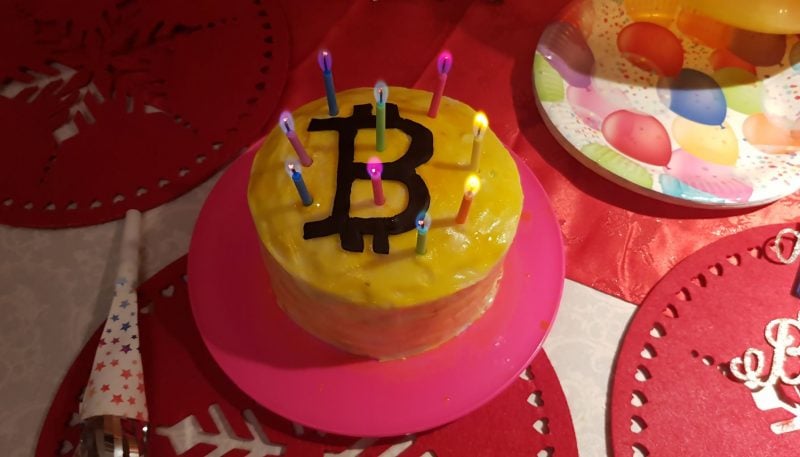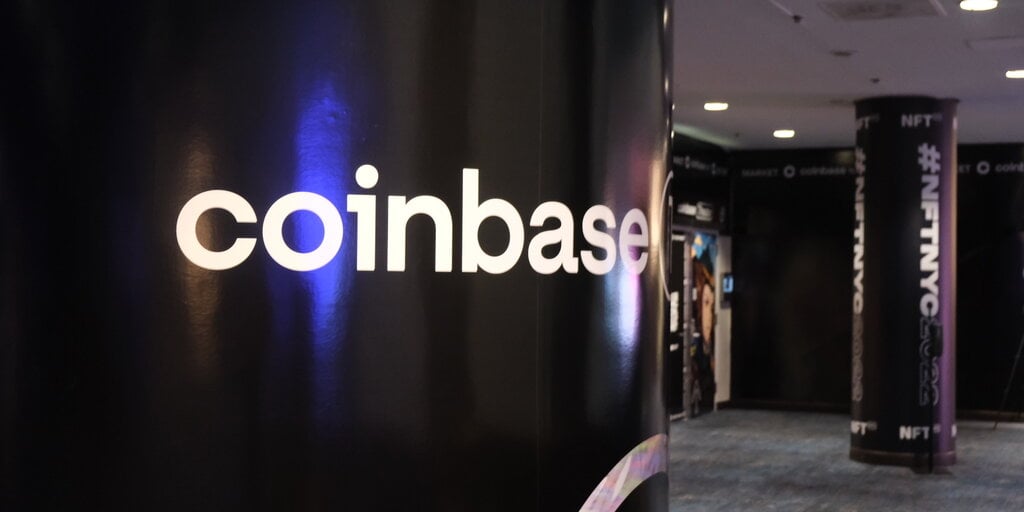TLDR
- Justin Sun elected Prime Minister of Liberland, a micronation between Croatia and Serbia
- Liberland’s election used a transparent, algorithmic process
- Other elected officials include Evan Luthra, Jillian Godsi, Ivan Pernar, and Dorian Stern Vukotić
- Liberland aims to be an example of blockchain-based governance
- Crypto enthusiasts are exploring micronations and network states as alternatives to traditional governance
Tron founder Justin Sun has been elected as the Prime Minister of Liberland, a small self-proclaimed nation located between Croatia and Serbia.
The election, held on October 5, used a blockchain-based voting system to ensure transparency and accuracy.
Liberland, founded in 2015 by Czech libertarian politician Vít Jedlička, is part of a growing trend of micronations and “network states” that aim to use blockchain technology for governance.
These small, often unrecognized entities seek to create new forms of government and society outside traditional nation-state structures.
The Liberland election also saw four other individuals elected to its Congress: entrepreneur Evan Luthra, journalist Jillian Godsi, former Croatian politician Ivan Pernar, and IT professional Dorian Stern Vukotić.
The micronation’s representatives stated that their election process was “entirely algorithmic,” providing a level of transparency that they believe could serve as a model for other countries still using traditional voting methods.
Liberland’s approach reflects a broader interest in the crypto community for creating new forms of governance.
The concept of “network states,” popularized by Balaji Srinivasan, envisions geographically distributed nations that use blockchain technology and privately held land to function as sovereign entities.
This movement began in 2014 with Bitnation, the first crypto microstate to declare sovereignty.
 The flag of Liberland
The flag of LiberlandSince then, various projects have emerged, ranging from landlocked locations like Liberland to proposed seasteading installations on international waters.
However, these efforts face significant challenges. Established nation-states often view attempts to create new countries as threats to their sovereignty.
Critics argue that blockchain technology alone is not enough to sustain a functioning nation, pointing out the need for physical security and international recognition.
The election of Justin Sun, a well-known figure in the cryptocurrency world, to a leadership position in Liberland may bring more attention to these experimental forms of governance.
Sun, who founded the Tron blockchain platform, has been a controversial figure in the crypto industry, known for his marketing tactics and high-profile acquisitions.
Liberland, with its 2.7 square-mile territory, remains unrecognized by any established nation. Its future as a functioning state is uncertain, as it faces potential opposition from neighboring countries and lacks the infrastructure typically associated with national governments.
Despite these challenges, proponents of crypto-based micronations and network states see them as laboratories for new forms of governance and economic systems.
They argue that blockchain technology can provide transparency, efficiency, and decentralization in government operations.
The Liberland election demonstrates the ongoing experimentation with blockchain technology in governance. While the long-term viability of such projects remains to be seen, they continue to attract interest from crypto enthusiasts and those seeking alternatives to traditional state structures.

 2 weeks ago
15
2 weeks ago
15




:quality(85):upscale()/2023/09/21/802/n/1922729/d9a11ce9650c8850437280.00070284_.jpg)
:quality(85):upscale()/2024/10/30/955/n/42301552/28e49c1e6722ab5b973b38.46745005_.jpg)

:quality(85):upscale()/2024/10/30/711/n/1922441/c62313206722590ade53c4.47456265_.jpg)

 English (US) ·
English (US) ·